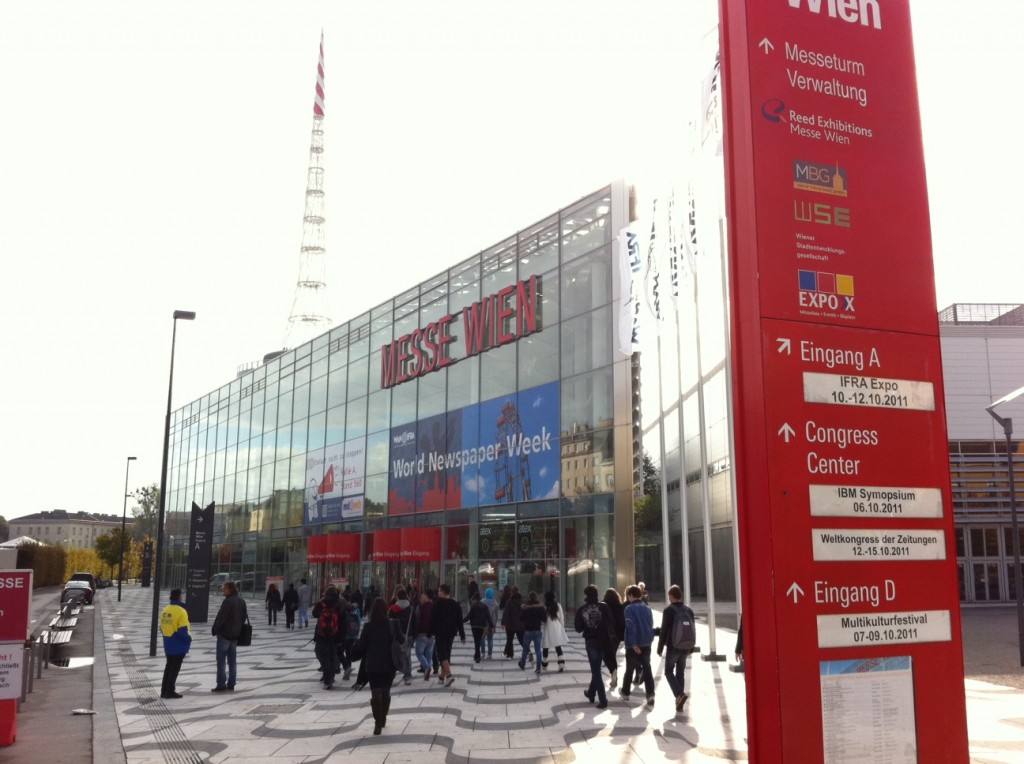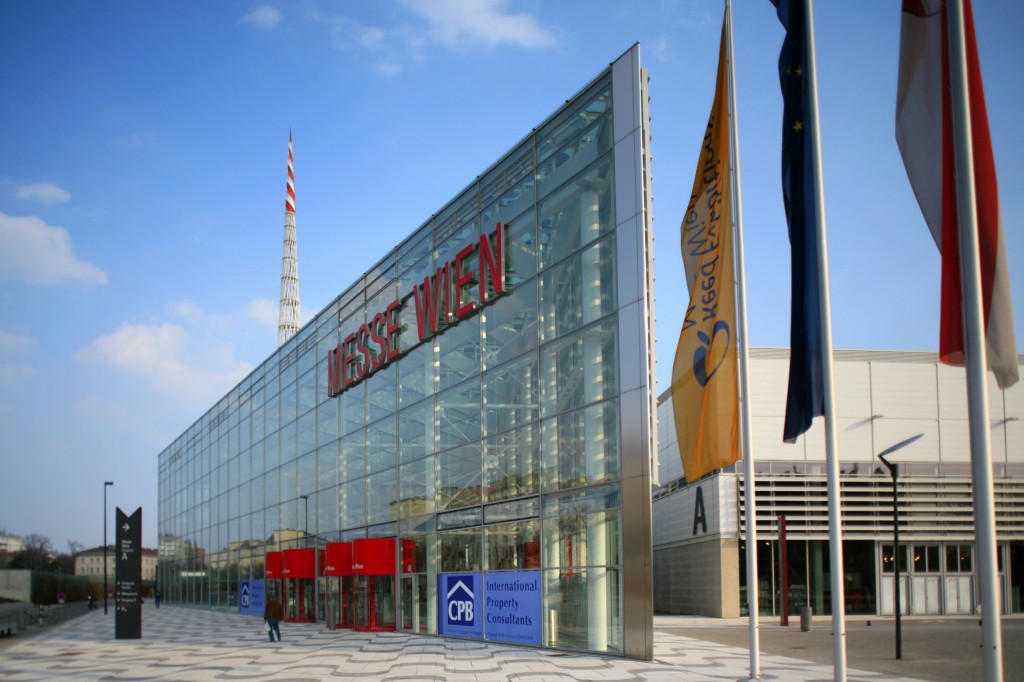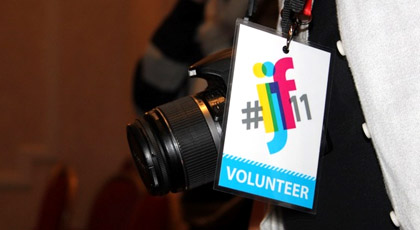Throughout media140 so far, when it has come to a discussion of business models for journalism, most speakers seem to be in agreement that there is no single solution, rather the path is multi-directional and a mix is best.
Yesterday Pat Kane discussed the main two pathways which appear to be being taken at the moment, the open web versus the paid content model, but he said a mixed model may be best.
Similarly Jay Rosen, when asked by Kane at the end of the professor’s keynote later in the day about revenues, also said there is no one single model.
At today’s first session, Ismael Nafria, director of digital contents at La Vanguardia, spoke along the same lines, although also indicated a commitment to a foundation of advertising in the press.
He said 90 per cent of income comes from advertising.
Despite this difficult situation, there is a business model for information, it is one that has existed for many decades now and is still possible.
Working in online information, after having tried and experimented on many occasions for me it is quite clear what the business model should be … in general terms information depends on advertising.
You have to have media open as possible reaching out to the widest audience as possible … we cannot all hope for the same rating, there are different battlefields, so to speak, so in your own niche you need to aspire to reach the highest-quality product so advertisers will invest.
On top of that – as advertising is the foundation upon which we should all organise our models – we need additional elements, such as payment or subscription.
This is not the solution, at least by itself, it is an additional element, revenue source, but we need to complement it with others.
He added for this to work, publishers need to fully understand the internet as a medium, and how it differs from other existing mediums.
There are all types of consequences of how you create information, how you reach out to audiences, what are the professional profiles that you need to offer that message to your audience.
If you don’t understand that many users come through browsers, so it is very important for browsers to find you, if you don’t understand the internet is a multimedia environment, so your content should not only be textual but have multimedia and interactive elements, this information fits better in the internet environment.
It’s the only way to have a competent product. As long as you are able to offer your internet product in the way that the internet demands it, it’s not a problem.
In order to achieve this content and commercial teams should be working “hand in hand” he added.
“They are part of the very business we’re working for. It’s not always the case and it’s not always easy. Whoever is neglecting it is making a big mistake,” he said.
I don’t believe that our job is coming to an end, its the opposite.
The more info available in the world the more necessary are these figures that can help us as citizens to process and digest all that information.
Similarly fellow speaker Carles Capdevila, who is director of daily title ARA, which offers a premium part of its content via a sign-up, while the rest of its content remains open online, said the title is in the process of looking for a multi-platform business model.
We are learning by doing, we created a business, we are trying to look for the right model and we’re doing that live, everyday.
We know the traditional press model is dying off and other models are popping up and we’re committed to choice. We aim for it to be sustainable, looking for different models at the same time.
He also went on to talk about the value of social media in the development of ARA’s business model and popularity. “We were created through the social media”, he said.
We explained every day who we were and what we wanted to do.
We began operating with a constant dialogue with users.
We’re so flexible as to modify what in the past was known as a market study, we have one every day … We are a newspaper that was created together with its users through social media, but it also goes through the newsagents, offers a supplement … I declare myself to be agnostic, or multi-agnostic to platforms.
I don’t let myself get carried away by anyone. We don’t believe in paper we just practice it. We practice our paper religion but its a temporary faith. We are believers in Facebook.
Online your market, your users, enter into a dialogue with you, so you have an opportunity to know what they’re thinking about. Is there any business for journalists online? Well I compare myself with doctors and teachers – thanks to internet and social media our customers wise up.
A doctor gives you medicine and you take it, maybe you were cured, maybe you died.
Now you go and say, ‘I think I have this because I looked it up on Google’. So are doctors going to disappear, no. We still go look for a doctor to make sure you’ve got it right. I need dialogue.



